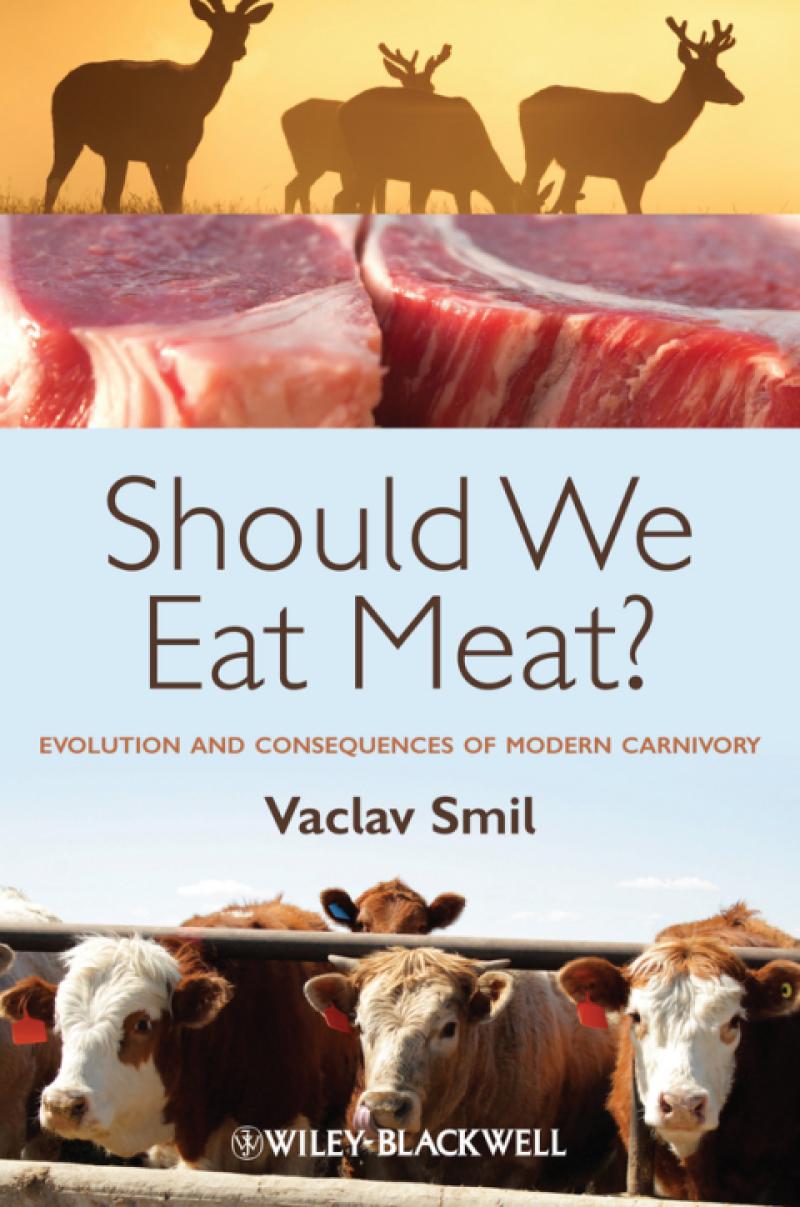Meat eating is often a contentious subject, whether considering the
technical, ethical, environmental, political, or health-related
aspects of production and consumption. This book is a wide-ranging and
interdisciplinary examination and critique of meat consumption by
humans, throughout their evolution and around the world. Setting the
scene with a chapter on meat’s role in human evolution and its
growing influence during the development of agricultural practices,
the book goes on to examine modern production systems, their
efficiencies, outputs, and impacts. The major global trends of meat
consumption are described in order to find out what part its
consumption plays in changing modern diets in countries around the
world. The heart of the book addresses the consequences of the
"massive carnivory" of western diets, looking at the inefficiencies of
production and at the huge impacts on land, water, and the atmosphere.
Health impacts are also covered, both positive and negative. In
conclusion, the author looks forward at his vision of “rational meat
eating”, where environmental and health impacts are reduced, animals
are treated more humanely, and alternative sources of protein make a
higher contribution. Should We Eat Meat? is not an ideological tract
for or against carnivorousness but rather a careful evaluation of
meat's roles in human diets and the environmental and health
consequences of its production and consumption. It will be of interest
to a wide readership including professionals and academics in food and
agricultural production, human health and nutrition, environmental
science, and regulatory and policy making bodies around the world.
Les mer
Evolution and Consequences of Modern Carnivory
Produktdetaljer
ISBN
9781118278697
Publisert
2018
Utgave
1. utgave
Utgiver
Vendor
Wiley Professional, Reference & Trade
Språk
Product language
Engelsk
Format
Product format
Digital bok
Forfatter
